Refining Processes: Understanding Flare Requirements in EMACT
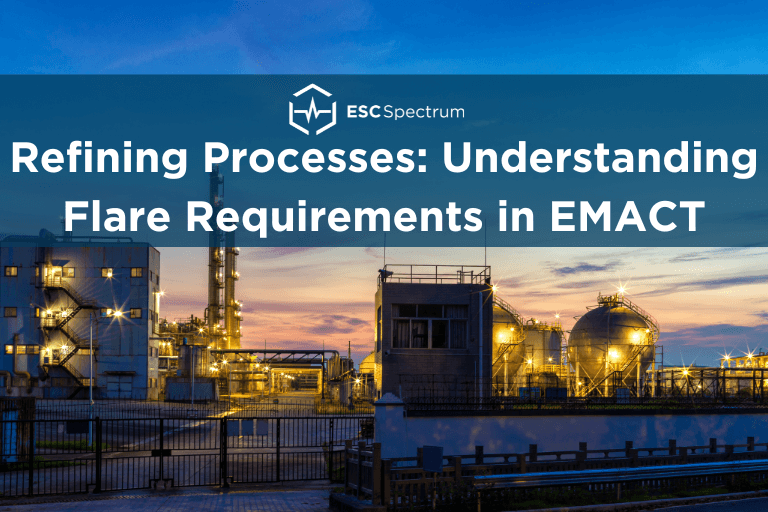
The Ethylene Manufacturing National Emission Standards for Hazardous Air Pollutants (NESHAP) under Subpart XX and YY establish requirements to control hazardous air pollutants (HAP) emissions from ethylene production units. This blog post focuses on the flare requirements specified in these regulations.
Navigating Refining Regulations: 40 CFR Part 63 Subpart CC
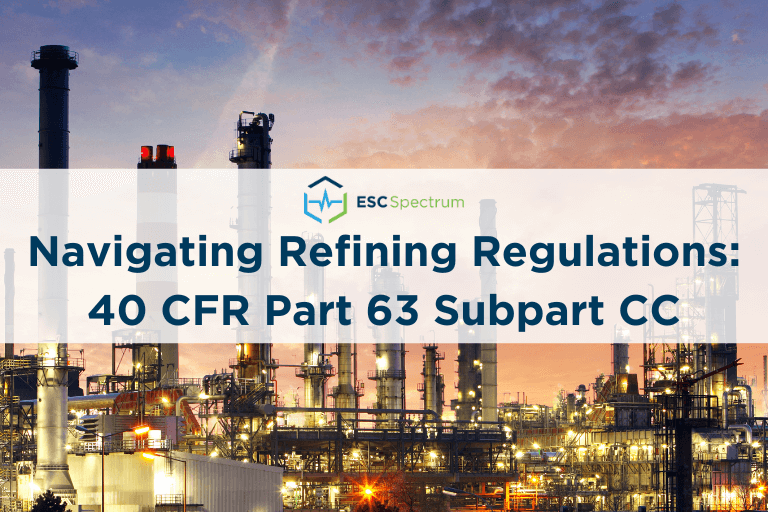
Learn more about National Emission Standards for Hazardous Air Pollutants from Petroleum Refineries specifically on 40 CFR Part 63 Subpart CC. This blog post outlines the steps to comply with Subpart CC and how ESC Spectrum can equip your facility to streamline emission monitoring needs.
Understanding Air Emissions Regulations for Industrial Cooling Towers & Heat Exchangers
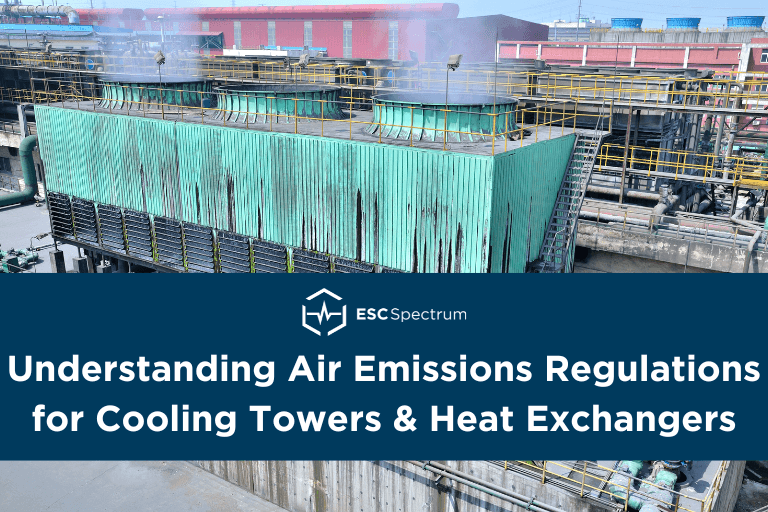
Explore industrial process cooling towers and heat exchangers and their requirements under NSR in Texas and nationwide.
Best Practices for Replacing Your Analyzers Under Part 75
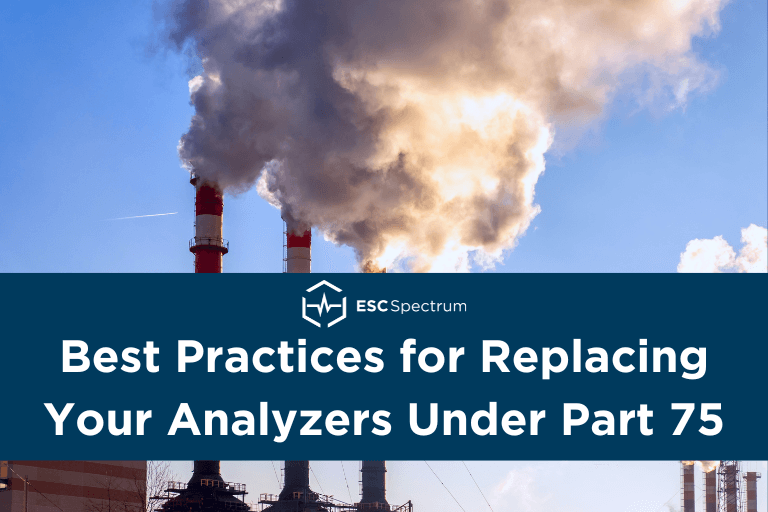
This article explores the significance of stack analyzer replacement due to factors like aging, obsolescence, and poor performance. Gain valuable insights into the complexities of CEMS analyzer replacement and recertification, aiming to assist industrial and utility plants in maintaining compliance with air quality regulation 40 CFR Part 75.
5 Tips to Help Maintain Your CEM Systems

This article explores CEM System maintenance tips to ensure compliance with EPA regulations including Calibration, Linearity Checks, Data Validation and more.
New Release: Prism Version 1.9 Data Acquisition System
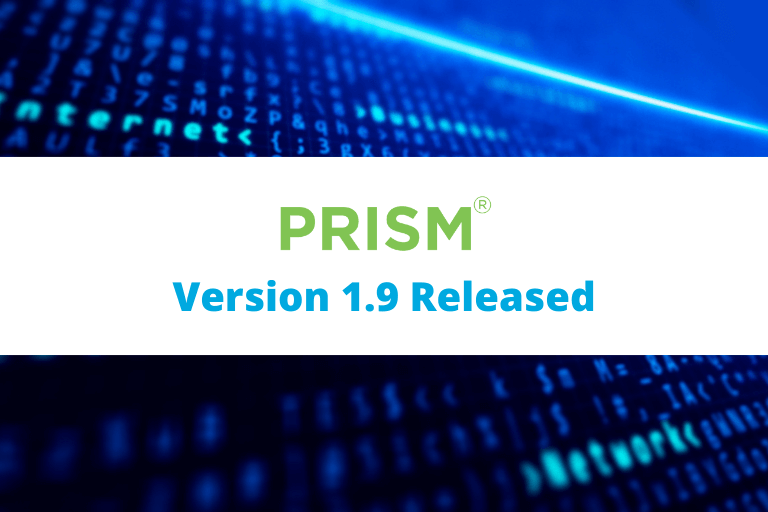
We’re excited to announce the release of Prism Version 1.9! This release provides new features designed to make CEMS compliance and monitoring easier and more productive than ever.
Advantages of Outsourcing Reporting for Air Emissions Compliance
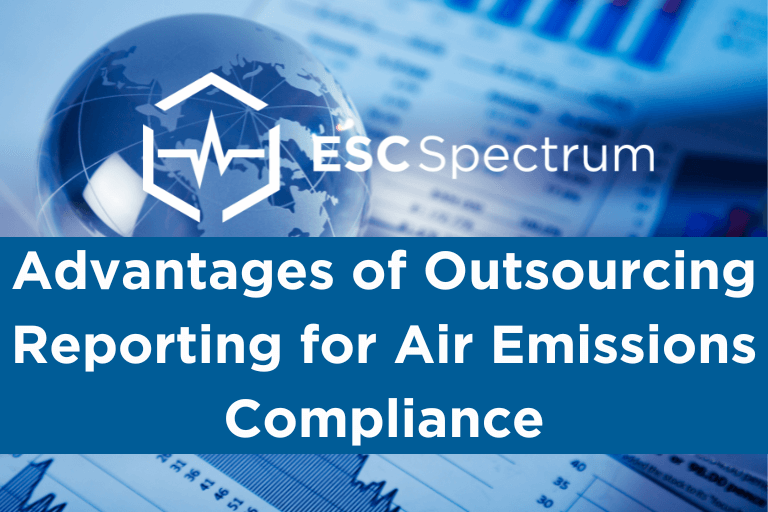
This article discusses the crucial role of outsourcing reporting in streamlining air emissions compliance for industrial operations. It highlights the complex regulatory landscape governed by regulations such as 40 CFR Part 60, Part 63, and Part 75. With the expertise of ESC Spectrum’s reporting team, facilities can ensure timely, efficient, and customized compliance solutions, mitigating risks, and maintaining data integrity while navigating regulatory changes seamlessly.
8864 Data Controller: Best Practices
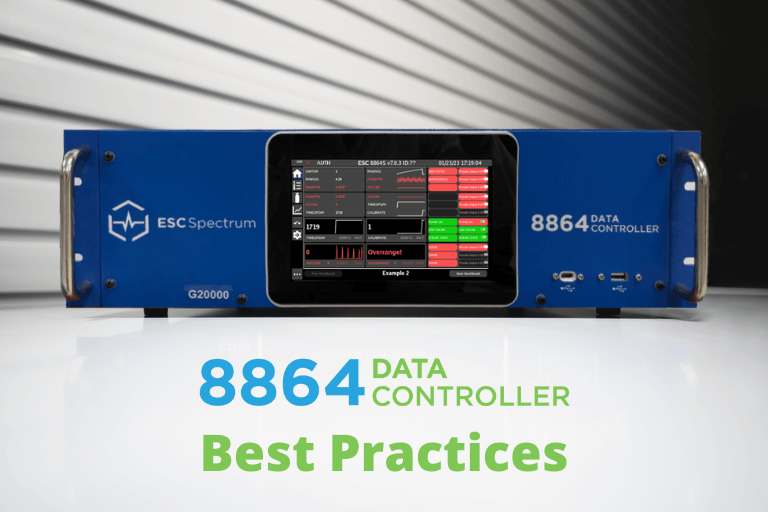
The 8864 Data Controller is a powerful tool used for monitoring and collecting environmental data in industrial applications. To make the most out of this device, it’s essential to follow best practices to ensure efficient and reliable operation. In this blog post, we will explore the 8864 Data Controller and discuss best practices for it.
New Release: RATAView™ Version 1.4 Now Available
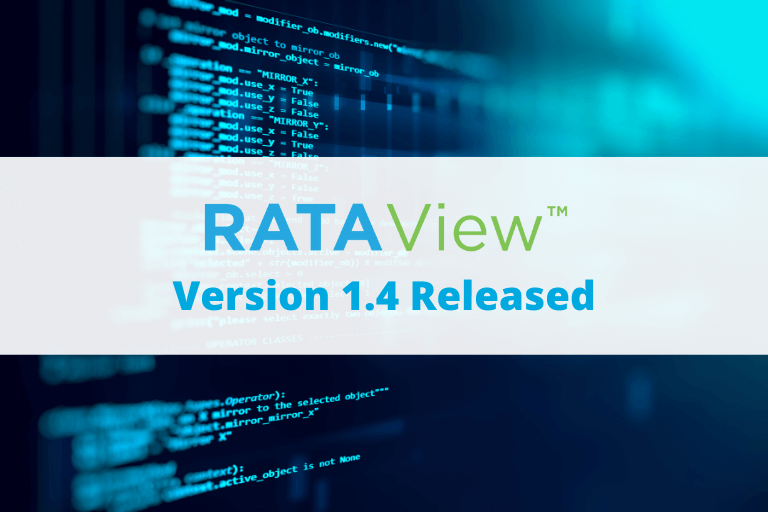
RATAView Version 1.4 release offers new features and enhancements to help stack testers’ perform RATA tests accurately and efficiently.
Understanding Monitoring Plans: A Comprehensive Overview
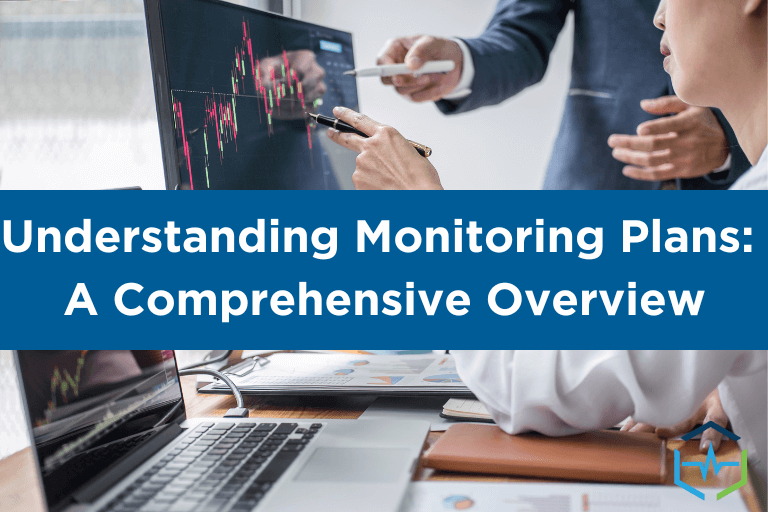
Monitoring plans play a crucial role in ensuring compliance and accurate reporting of air emissions. Whether you are familiar with monitoring plans or new to the concept, this blog post aims to provide a high-level overview of their significance, components, and upcoming changes. By the end, you will have a better understanding of what monitoring plans entail and why they are essential.
ESC Spectrum’s New 8864 Data Controller Generation 2 Offers Faster Communication and Updated Interface with Customizable Dashboards
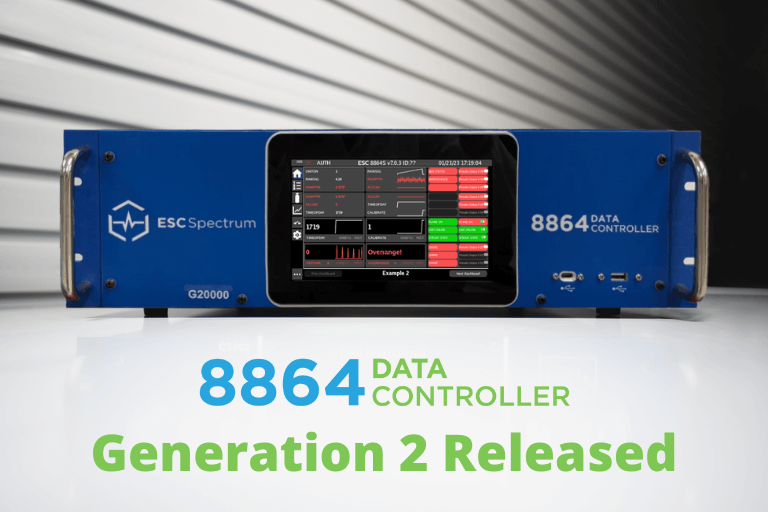
Austin, TX, May 16, 2023; ESC Spectrum, the industry leader in air emissions monitoring and compliance, is excited to announce the release of the 8864 Data Controller Generation 2. ESC Spectrum […]
New Release: StackVision™ Version 7.2 Data Acquisition System
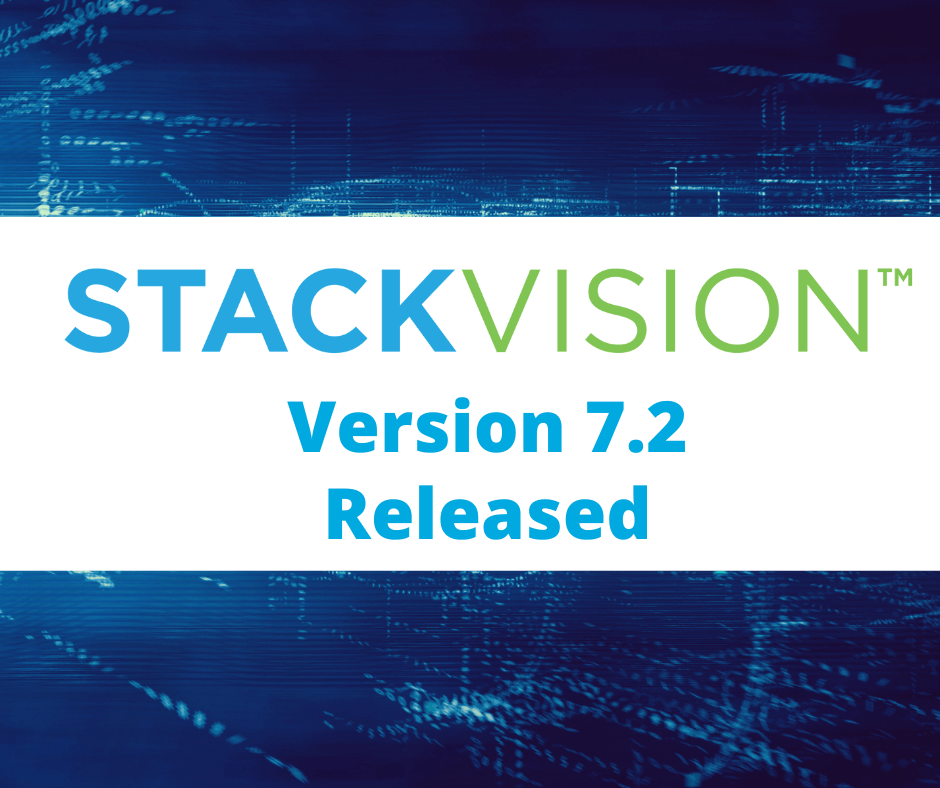
Industry-leading DAS StackVision Version 7.2 presents new features and provides enhancements and updates to existing features that will improve user efficiency.
